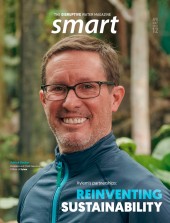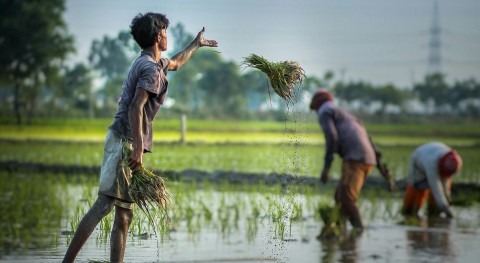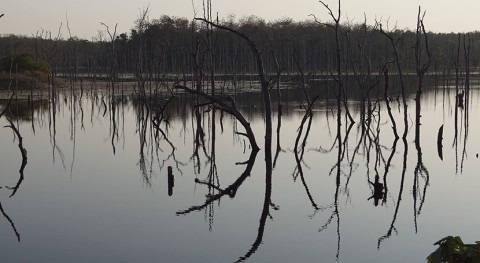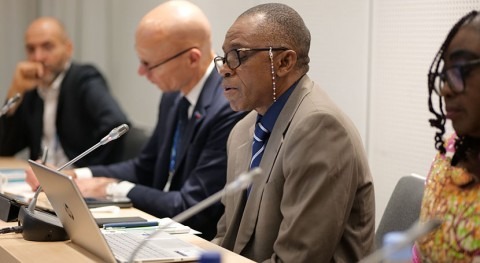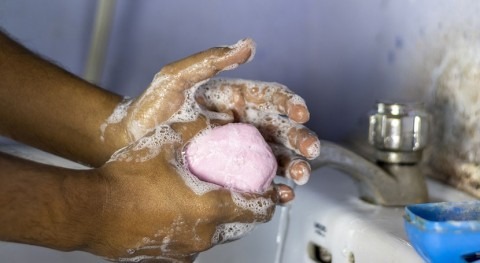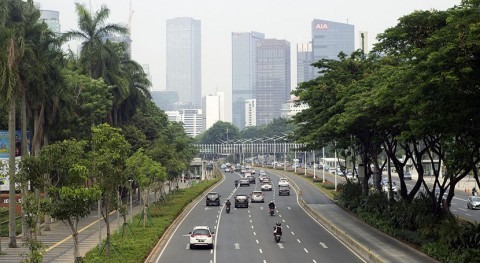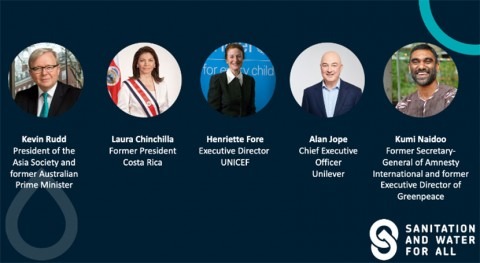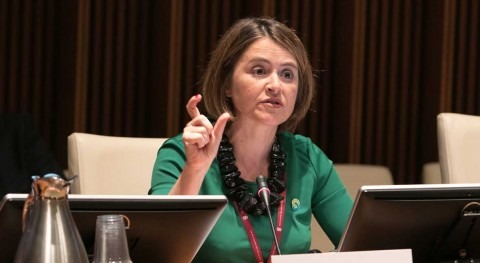The Sanitation and Water for All (SWA) partnership supports political action towards a common vision of sanitation, hygiene and water for all, always and everywhere. We hear from Alexandra Reis, Head of Communications for SWA, about communicating water’s key role in development and helping raise political will to make it a priority for action.
How do you think communication in the water sector has evolved in recent years?
Something that stands out is the way we are getting better at engaging and connecting with other sectors. Access to clean water is increasingly positioned not only as the end goal, but the basis for sustainable development. For example, water is a critical first line of defence against infectious diseases. We also desperately need strategic water management to face climate change. And access to water in schools improves attendance rates for children, particularly girls. When other sectors understand how crucial we are, they can help us ‘fly our flag’.
Why do you think it is important to communicate about water?
Well as I mentioned, water is a critical cog for all development. More than that, it is a human right. We need to tell as many people as possible this is something they’re entitled to, so they feel empowered to demand its realization.
Something that stands out is the way we are getting better at engaging and connecting with other sectors
We have the technology and the knowledge to realize this human right, but the solution is more than pipes and toilets. It’s also (dare I say mostly?) about creating the political will necessary to prioritize it, to fund it, to turn plans into action. And galvanizing political will has a lot to do with public opinion, mobilization, and visibility.
What are the most challenging aspects of communicating about the work of the water sector?
We are essentially a sector of engineers and experts, knowledgeable and passionate about our work, but often perceived as too technical. This can make us appear a bit insular, but there are important steps being taken to change this perception. A great example was COP26’s first Water Pavilion, which saw the water sector working together to provide an exciting space to discuss how water can support ambitious climate action. The same happens with the regular Finance Ministers’ Meetings that SWA organizes during the World Bank’s Spring Meetings. Both these examples are about entering non-water spaces and making messages about ‘how we can help you’.
Could you highlight one of your organisation’s communication success stories?
I was particularly proud of SWA’s global communication campaign titled ‘Water. A Woman’s Business’ for International Women’s Day last year. We moved away from the traditional water and gender communications that tend to focus on women and girls as victims. Instead, we highlighted the role many women are already playing across the water ‘value-chain’, from ministers to scientists, from economists to plumbers. We produce a communications toolkit to support our partners in crafting messages and advocacy materials adapted to their own contexts and got the sector to communicate together outside the usual water-related days, such as World Water or World Toilet Day.
I was particularly proud of SWA’s global communication campaign titled ‘Water. A Woman’s Business’ for International Women’s Day last year
Who or what organisation inspires you when it comes to ways of communicating?
I’m in awe of the new wave of young climate activists and the way young women are emerging as bold, inspirational leaders - unapologetically demanding and direct. I admire their capacity to mobilize in virtual spaces as well as ‘the real world’, and their success at cross-border collaboration – using global visibility to reinforce their national actions. And they instinctively – almost effortlessly – embrace intersectionality: they’re right to connect the climate emergency to social justice, to gender equality, to access to water, to protecting natural resources and the fight for human rights. They have much to teach us – and they give me hope.





